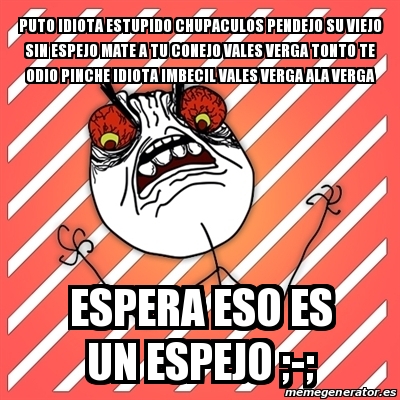

So when the first Italian translation gave “ Era una fresca limpida giornata d’aprile e gli orologi segnavano l’una” (literally, “It was a cool clear April day, and the clocks indicated one”), an awful lot is being missed.

You read it and go, “uh oh, trouble coming”, even though More significant but unspoken communication, the fun being in the reader’sĬottoning on to this. And maybe above all you have to be familiar with theįunction of irony, whereby what is actually stated is only a limited part of a Is something going on in background, into which very likely a particular action Place where we are – and the particular function of the past progressive – this “the clocks” meaning not those we have spoken of before, but the ones in the Grammatical side you need to know of the definite article of unique reference – Texts that start in April: The Canterbury Studied English literature will also be aware of a couple of famous English Was only used in military, not civilian situations. Number, that in the context of 1948 when the book was written the 24-hour clock You have to know that clocks don’t strike thirteen, that thirteen is an unlucky Situations where you’re in a town and can hear more than one clock striking. Have to know what it means for a clock to strike and have experienced The kick out of it the author meant us to get, you have to be familiar withĪpril and English weather, and the idea that spring is a positive moment. But why not look at one short famous sentence inĮnglish to nail this, the opening to Orwell’s 1984:Ĭold day in April, and the clocks were striking thirteen. Life to books to get the most out of them and then, as a translator, try to What he’s saying is you have to bring an awful lot of knowledge, experience and Ones, the difference between cranberry and lingenberry, the rules of theĮnglish pistol duel as used in Russia, and the Russian language.” Russian military ranks of the time as compared to western European and American Pushkin’s biography, banking games, Russian songs related to divination, Number of relevant subjects, such as the Fables of Krïlov, Byron’s works,įrench poets of the eighteenth century, Rousseau’s La Nouvelle Héloïse, Translation of Pushkin’s Onegin should acquire exact information in regard to a Nabokov once claimed that “Anyone who wishes to attempt a Finally, there are skills I find it harder to put my finger on, interpretative or deductive. Not an encyclopaedic knowledge, perhaps, but at least an awareness of the way a piece of writing might draw on its cultural context. Then there is what we might call cultural knowledge. The list, or lists, would be long, but maybe worth compiling, suggesting a range and meshing of competences in both languages that rarely get mentioned in the translation discussion.Ī daunting task! Obviously the first thing you have to bring to a book is competence in the source language (vocabulary, grammar and so on) but also an awareness of things like nuance, connotation, pragmatics. Maybe one interesting way to look at it is to think of all the things you have to bring to a book – or just a sentence – to read it properly, to let it happen as completely as possible and then the skills you need to have it happen again in the language you’re translating into. Sentences and paragraphs in a way that feels effective and faithful. Whereas ourĮxperience of the job is quite different and has much more to do with crafting Thorny problems: puns, wordplay, allusive references etc. Seems that translation involves providing terribly clever solutions to hopelessly Translation aimed at a wider public – I’m thinking of something like Eco’s Experiences in Translation – it often I decided to ask Tim Parks if he could help save me from my impending writer’s block. I was left wondering how I could write about translation without either indulging in vague theorisation or getting lost in a mass of unedifying detail. But when I started trying to write about those nitty-gritty questions, I struggled to do more than point out some interesting word choices. I recently had to write a short piece to accompany a translation of mine and found myself torn between discussing the big issues I felt I “ought” to talk about (shifting narrative perspectives, cultural references, etc.) and the more nitty-gritty questions that, for me, represented the real challenges of the translation.


 0 kommentar(er)
0 kommentar(er)
